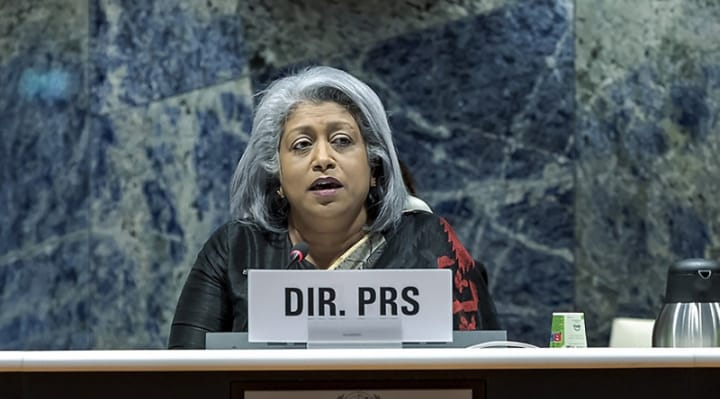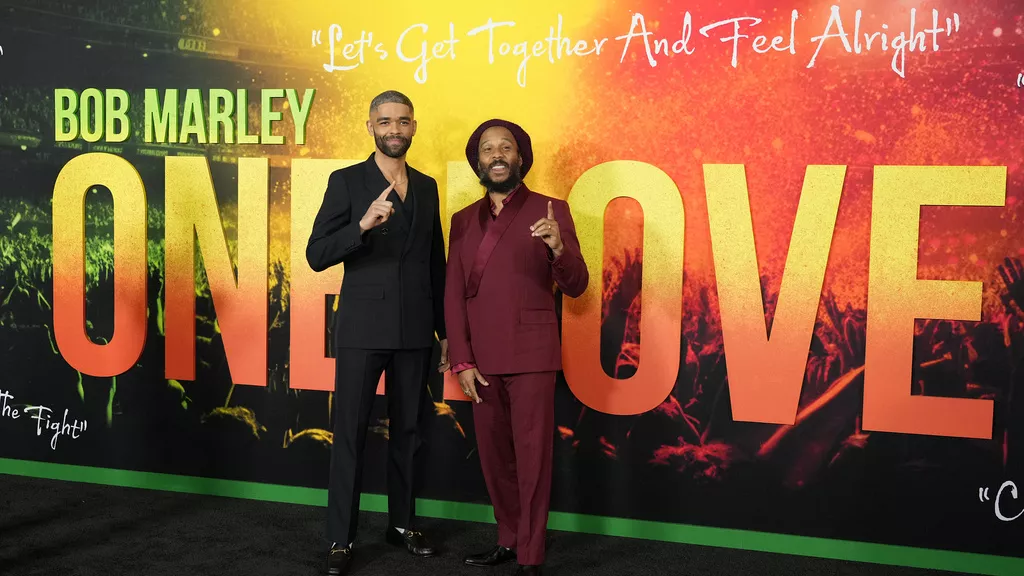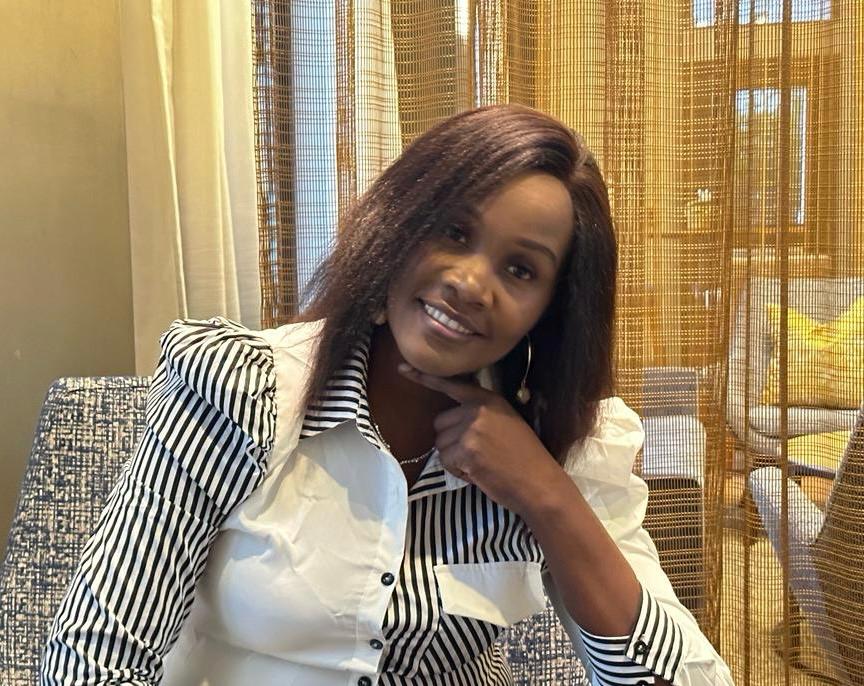Earlier this year, Dr. Gaya Gamhewage, head of WHO’s efforts to prevent sexual abuse, journeyed to Congo. Her mission: address the largest known sex scandal in the U.N. health agency’s history—abuse of over 100 local women during a deadly Ebola outbreak.
During Gamhewage’s March trip, an abused woman revealed she gave birth to a baby with a malformation, compounding the financial burden in one of the world’s poorest countries.
Read also: Family of Dexter Wade, a Mississippi man, buried in secret, expresses dissatisfaction with exhumation process
In an effort to assist victims, WHO provided $250 to at least 104 women in Congo reporting sexual abuse. This compensation, less than a day’s expenses for some U.N. officials in the Congolese capital, is also $19 more than Gamhewage’s daily allowance, internal documents revealed. The sum covers living expenses for less than 4 months where many live on less than $2.15 a day.
Read also: Black New Jersey female officer sues police department for hair discrimination
Payments to women weren’t unconditional; to access funds, they had to complete training for ‘income-generating activities,’ an attempt to bypass the U.N.’s no-reparations policy.
Despite this initiative, numerous Congolese women who suffered sexual abuse have yet to receive any compensation. In a confidential document last month, WHO revealed that approximately a third of the known victims were ‘impossible to locate.’ Additionally, nearly a dozen women declined the offer.
The $26,000 provided by WHO accounts for 1% of the $2 million allocated to the WHO-created ‘survivor assistance fund’ for victims of sexual misconduct, primarily in Congo. Recipients conveyed to the AP that the money fell far short of their needs, but their greater desire was for justice.
Paula Donovan, Code Blue’s co-director, called WHO’s payments ‘perverse.’ She highlighted the discomfort caused by requiring training for financial aid.
Read also: Gov. Newsom announces State of Emergency in Los Angeles County after fire engulfs interstate
“It’s not unheard of for the U.N. to give people seed money so they can boost their livelihoods, but to mesh that with compensation for sexual assault, or a crime that results in the birth of a baby, is unthinkable,” she said.
According to Donovan, mandating that women undergo training before receiving financial assistance established uncomfortable conditions for victims seeking help after wrongdoing. Two women who met Gamhewage desired accountability for the perpetrators. WHO’s criteria for the victim survivor package considered Congo’s food costs and ‘global guidance‘ to avoid over-dispensing cash.
The WHO informed the AP that the criteria for its ‘victim survivor package’ were based on factors such as the cost of food in Congo and ‘global guidance on not dispensing more cash than what would be reasonable for the community, in order to not expose recipients to further harm.’ Gamhewage stated that the WHO was adhering to recommendations provided by experts from local charities and other U.N. agencies.
“The WHO has also assisted in covering medical expenses for 17 children born as a result of sexual exploitation and abuse,” she said.
At least one woman, claiming she was sexually exploited and impregnated by a WHO doctor, negotiated compensation approved by officials. This included a plot of land and healthcare. The doctor committed to a monthly payment of $100 until the baby was born to ‘protect the integrity and reputation of WHO.’ In interviews with the AP, other women who alleged sexual exploitation by WHO staff argued that the agency’s efforts have been insufficient.
Read also: Uganda’s president Yoweri Museveni downplays removal from US-Africa trade pact AGOA
Alphonsine, 34, revealed that she felt pressured into having sex with a WHO official in exchange for a job as an infection control worker during the Ebola response in the eastern Congo city of Beni, a focal point of the 2018-2020 outbreak. Like other women, she chose not to disclose her last name for fear of reprisals.
While Alphonsine confirmed receiving $250 from the WHO, she stated that the agency required her to take a baking course to obtain the compensation.



